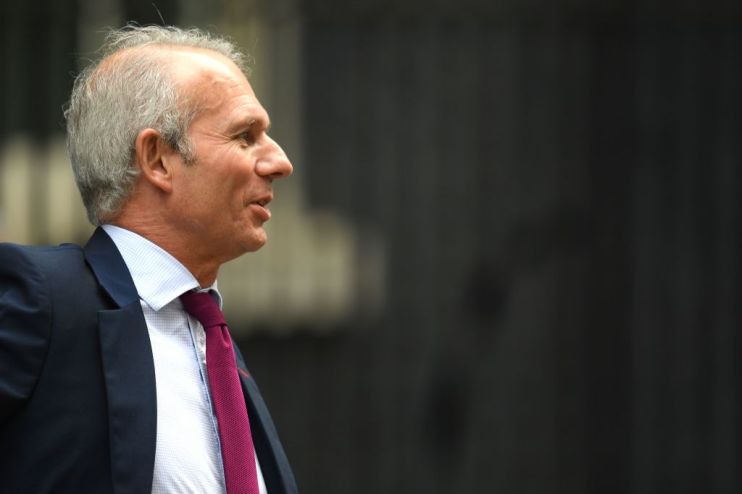Brexit: Prorogue fallout continues: PM ‘gagging’ parliament, says ex-minister

Former deputy Prime Minister David Lidington has slammed Boris Johnson for proroguing parliament yesterday, arguing MPs are “being gagged”.
The long-time Cabinet member, who served under both David Cameron and Theresa May, told the BBC this morning that he did not believe the explanation put forward by Downing Street yesterday that the five-week suspension was required ahead of a new Queen’s Speech.
He added: “Prorogation means all parliamentary activity shuts down, including committees… Parliament is being gagged.”
Read more: Queen approves PM’s prorogation request
Lidington also argued that those supporting the move, including Leader of the House Jacob Rees-Mogg, would have been “turning purple with rage” if Labour had attempted a similar tactic.
But Rees-Mogg has been getting the government’s message out across multiple broadcast appearances this morning, following relative radio silence yesterday.
He told BBC Breakfast: “I think the outrage is phoney and it is created by people who don’t want us to leave the European Union.”
Read more: Boris’ Brexit blindside – what the hell just happened?
In a separate interview with the broadcaster’s 5 Live station, he said a no deal Brexit would “definitely” strengthen the United Kingdom, despite growing calls for a second Scottish independence referendum on the back of Brexit.
And he threw the gauntlet down to would-be rebel MPs.
“All these people who are wailing and gnashing of teeth know that there are two ways of doing what they want to do,” Rees-Mogg said.
“One, is to change the government and the other is to change the law. If they do either of those will that will then have an effect.
“If they don’t have either the courage or the gumption to do either of those then we will leave on the 31 October in accordance with the referendum result.”
On ITV, he rubbished Remainers’ “over-egged” language.
He said: “A million people may have signed a petition, but 17.4m people went out to the ballot box to vote to Leave. That’s a much bigger democratic mandate.”
After the UK leaves the EU “that will be the point at which the country begins to reunite… then I think we will see the country coming back together again because the fight will be over”.
Main image: Getty